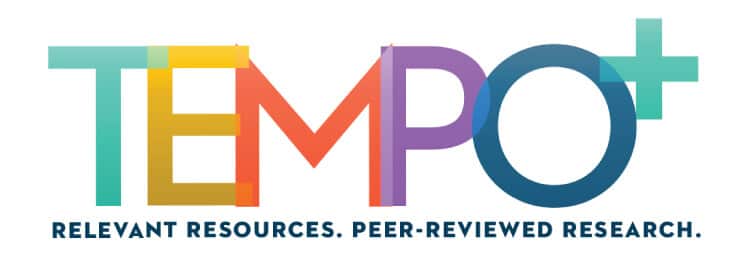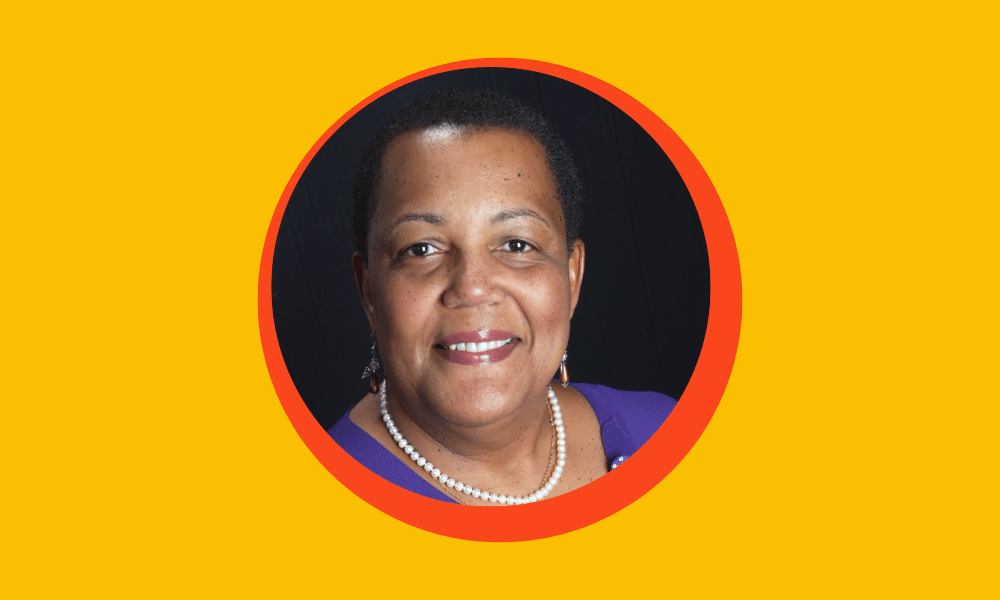Do you have a child who seems to want to know everything? While endless questions from a little scholar can become, dare I say, annoying to a parent. It turns out that curiosity is an important part of learning. In fact, research (e.g., Gruber et al., 2014; Stenger, 2014) shows that curiosity can be as important as intelligence in predicting schoolhouse success. People who are feeling curious are better at learning and remembering information and they experience more satisfaction from learning experiences. So, if you’re looking to rev up your child’s curious mind, try checking out one of the 10 YouTube channels listed below. Target age ranges are listed for each site, but every gifted kid is different and some younger children will be fascinated by channels listed for older students and vice versa.
Note: I always screen videos before I share them with children, and you should too. Content is constantly added, so it’s impossible to say whether any channel will meet a family’s appropriateness standards with 100% certainty.
1. TEDEd
Target Age Group: All
Content Areas: All
Brief Description: Looking for a repository of hundreds of short videos about a huge range of topics? Look no further than TEDEd. This site hosts videos of all kinds from Candy Corn in Space to Who was Nelson Mandela? While aimlessly browsing around this site is just plain fun, videos are also categorized for a more targeted approach. You can search for topics like Business and Economics, the Arts, or Health. TEDEd even offers lesson plans for teachers or those who are learning at home. Most videos range in length from five to 15 minutes. One drawback to this site is that advertisements play before each video.
2. The Kid Should See This
Target Age Group: All
Content Areas: STEAM, History, Culture
Brief Description: Similar to TEDEd, this 2020 Webby Award-winning site offers a plethora of short videos on a wide variety of topics. Creator, Rion Nakaya, describes the site as serving up STEAM, history, and culture-focused videos by museums, organizations, and creators who celebrate curiosity, collaboration, creativity, critical thinking, problem-solving, and kindness. As a bonus, all videos are pre-screened to be kid-friendly, smart, and engaging. While you can watch for free, the site also offers subscription options that help with maintenance costs and give the viewer some added perks.
3. D!NG
Target Age Group: Grades 6-12
Content Area: STEM
Brief Description: On this channel, host Michael Stevens of Vsauce explores mathematical and scientific concepts through hands-on, engaging videos. Look for Michael’s Toys, where he uses a variety of toys to illustrate common scientific principles. Of special interest to some will be the build-it-yourself episodes, such as How to Make a Cartesian Diver and How to Make a Self-Starting Siphon.
4. Numberphile
Target Age Group: Grades 6-12
Content Area: Mathematics
Brief Description: Do you have a self-described “math geek” in the family? Is your young scholar really, really, really into numbers? If so, Brady Haran has been creating videos all about numbers and math since 2011. His site hosts 695 videos to date. On Numberphile, videos are organized into playlists with episodes like Cakes and Cutting, Big Numbers, and the Festival of Spoken Nerd. Brady’s videos capture the thinking of a wide variety of mathematicians, including Fields Medal winners James Maynard and Terry Tao.
5. Veritasium: An Element of Truth
Target Age Group: Grades 4-12
Content Area: STEM
Brief Description: Veritasium is perfect for those interested in science, engineering, and math. This channel brings theoretical science to life with on-camera experiments and videos from the field that demonstrate science in action. The videos on this channel range from as short as five minutes to as long as 34 minutes. The host explores topics, including The Hidden Science of Fireworks, How Important is IQ?, and How Dangerous is a Penny Dropped from a Skyscraper?
6. Crash Course Kids
Target Age Group: Grades 1-5
Content Area: Elementary Science
Brief Description: Crash Course Kids is great for the budding scientist. With its self-proclaimed focus on elementary science, the channel covers topics such as the engineering process, classifying organisms, food chains, and gravity. These short, three- to five-minute videos engage viewers with a mix of live-action and animation. This channel is part of the Crash Course family, developed by Hank and John Green. While Crash Course Kids has a limited number of videos, 104 at last count, the original Crash Course channel is still producing content on a wide variety of topics beyond elementary school science.
7. Above the Noise
Target Age Group: Grades 9-12
Content Areas: Controversial and trending topics in all content areas
Brief Description: Created by NPR and PBS-affiliated KQED, Above the Noise focuses on delivering a deeper look at the facts behind trending and controversial topics. This channel aims to present the evidence so that viewers can develop an informed opinion on these topics. Because the focus of this channel is on controversial things (i.e., Why is Gen Z Rejecting the U.S. military?, Why are People Banning Books in Schools?) the videos can serve as great conversation starters. Parents may want to preview or watch together, especially with younger kids.
8. Reactions (PBS)
Target Age Group: Grades 9-12
Content Area: Chemistry
Brief Description: Presented by the American Chemical Society in conjunction with PBS, this channel reveals the mysteries of chemistry in the world around us with videos like How is Ceviche “Cooked?”, Why are Mosquitoes So Obsessed with Me?, and Better Pizza through Chemistry. With close to 450 videos, the hosts explain the chemistry behind everyday items, common myths, and natural processes. If you have a young chemist at home, they are sure to find this channel fascinating.
9. Big Think
Target Age Group: Grades 9-12
Content Areas: Big ideas in a wide range of disciplines
Brief Description: Big Think brings experts, disrupters, and leaders to your computer screen with the aim of helping viewers explore big ideas. This channel hosts more than 8,000 videos on a wide range of topics from business to physiology to religion to gender and does not shy away from content that some may find sensitive. If you’re looking to engage in some great conversation around big ideas with your gifted teen, this could be a great channel to browse together.
10. Cosmic Kids Yoga
Target Age Group: Elementary grades
Content Area: Yoga and mindfulness
Brief Description: Looking to engage your child in mindfulness and relaxation? Cosmic Kids Yoga is the channel for you. The host, Jamie, combines yoga and stories to help viewers stretch and unwind. Although this channel has more of an elementary feel, kids and adults alike can enjoy the benefits of following Jamie.
Bonus: Physics Girl
Target Age Group: Grades 6-12
Content Area: Physical Science
Brief Description: Is there a budding physicist in your home? Physics Girl, Dianna Cowen, explores the physical sciences through experiments, demonstrations, and new discoveries. This channel is especially inspiring for girls who love STEM. In addition to exploring topics like the big bang theory and mud volcanoes, Physics Girl shares DIY experiments that you can do at home. As a bonus, Dianna has created a fun course titled Physics 101 that can help students review for the Advanced Placement Physics 1 exam.
References
Association for Psychological Science. (2011, October 28). Curiosity is critical to academic performance. ScienceDaily. www.sciencedaily.com/releases/2011/10/111027150211.htm
Gruber, M. J., Gelman, B. D., & Ranganath, C. (2014). States of curiosity modulate hippocampus-dependent learning via the dopaminergic circuit. Neuron, 84(2), 486–496. https://doi.org/10.1016/j.neuron.2014.08.060 Stenger, M. (2014, December 17). Why curiosity enhances learning. Edutopia. https://www.edutopia.org/blog/why-curiosity-enhances-learning-marianne-stenger






